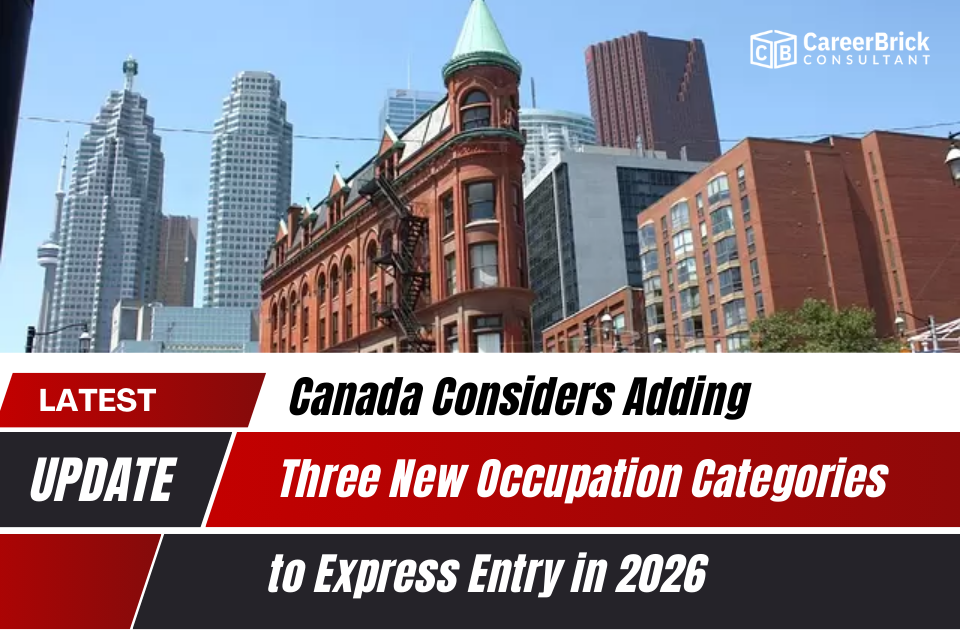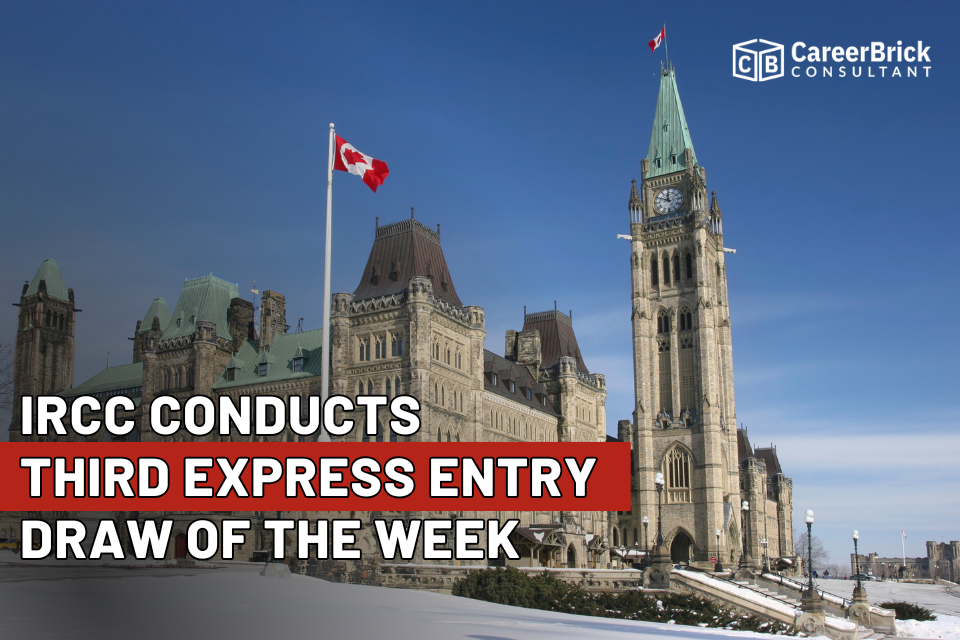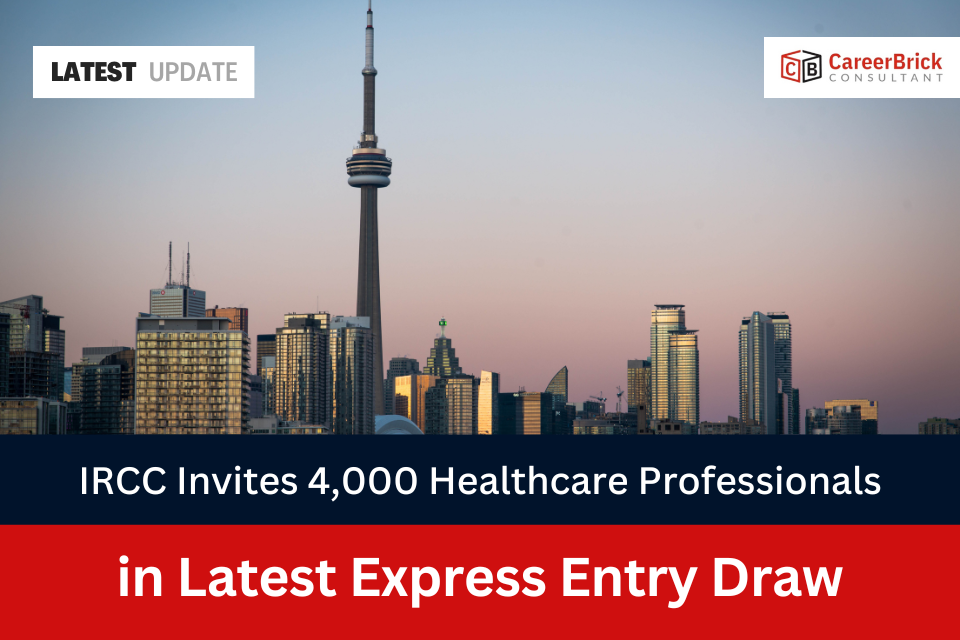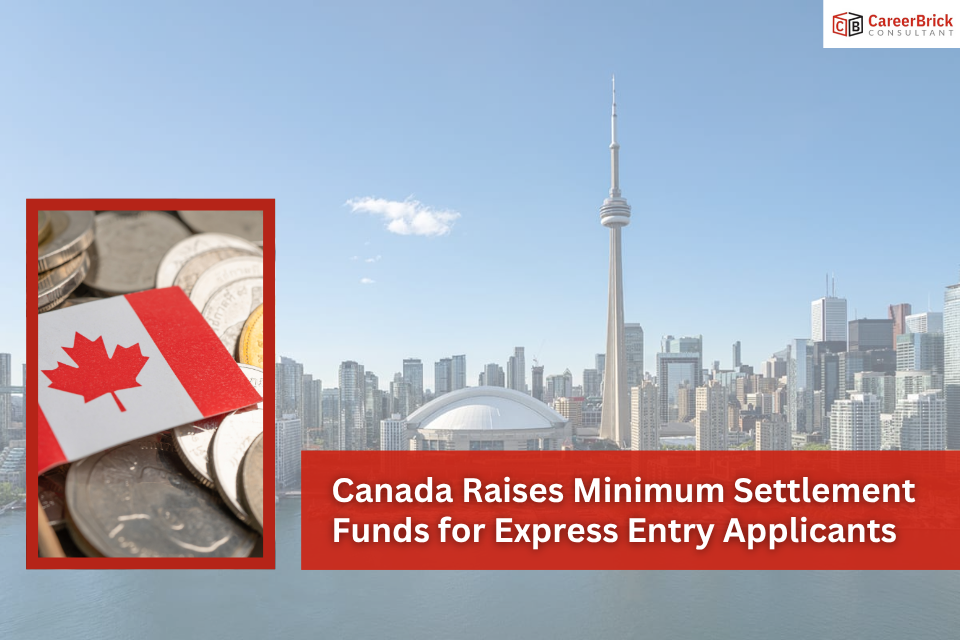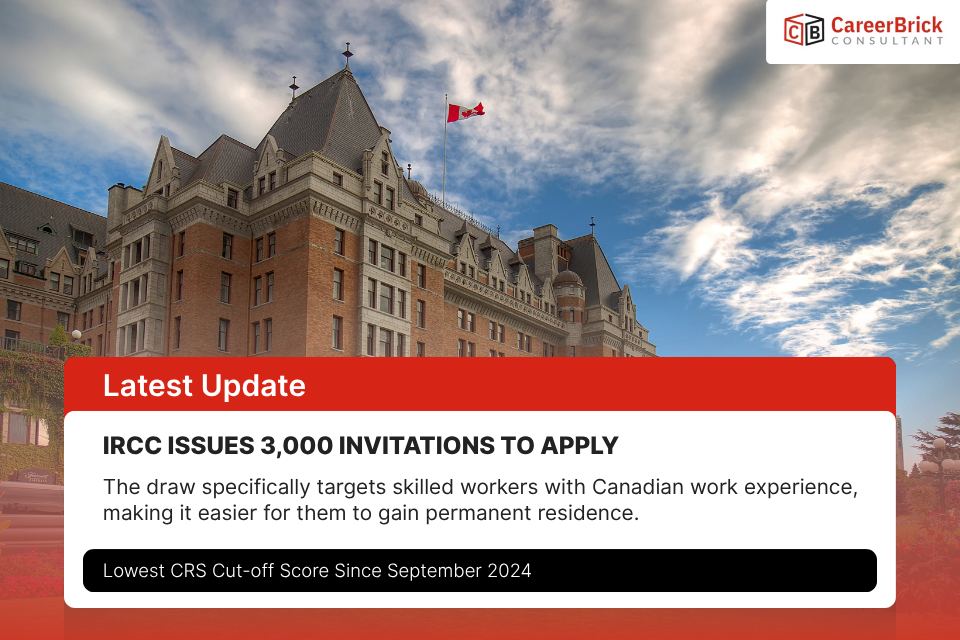The Canadian federal government is exploring the introduction of three new Express Entry categories—senior managers, scientists and researchers, and military personnel—to make it easier for skilled professionals in these fields to secure permanent residence.
Immigration, Refugees, and Citizenship Canada (IRCC) outlined these proposed categories in a public consultation notice published on the Government of Canada’s website. If implemented, they could be launched in 2026 under the Express Entry system, Canada’s primary pathway for selecting skilled immigrants.
The government has not provided a timeline for its final decision. Public feedback will be accepted until September 3, 2025.
Proposed New Categories
1. Leadership (Senior Managers)
IRCC is considering a category to attract highly skilled senior managers—professionals responsible for overseeing company or organizational operations and leading teams.
The department believes these candidates can bring innovative perspectives, accelerate digital transformation, improve productivity, and help organizations meet strategic goals. According to IRCC, their expertise could “boost the country’s competitiveness and drive economic growth and prosperity.”
2. Research and Innovation (Scientists & Researchers)
The second proposed category targets researchers and scientists whose work can enhance productivity, advance innovation, and stimulate economic growth. While IRCC has not specified which research areas will be prioritized, the focus would be on roles that have significant economic and societal impact.
3. National Security and Defence (Military Personnel)
The third proposed category aims to support the Canadian Armed Forces by prioritizing highly skilled military recruits from allied nations.
Other Possible Categories for 2026
IRCC has indicated that some current 2025 categories could remain in place for 2026, including:
- Francophone Immigration: Canada’s Immigration Levels Plan sets targets for French-speaking permanent residents outside Quebec at 8.5% in 2025, 9.5% in 2026, and 10% in 2027. Maintaining Francophone immigration as a priority supports these goals.
- Sectors Facing Long-Term Labour Shortages: Continued focus on industries struggling to fill skilled positions, such as:
- Healthcare
- Skilled trades (including construction to meet housing needs)
- Education
- STEM (Science, Technology, Engineering, Mathematics)
- Agriculture and agri-food
Impact on International Students
Express Entry categories influence Post-Graduation Work Permit (PGWP) eligibility, which is tied to Canada’s labour market needs. Since 2024, PGWP eligibility has been aligned with specific fields of study to ensure international students can contribute to high-demand sectors.
Currently, 119 fields of study are PGWP-eligible, while 178 were removed earlier this year. Changes to Express Entry categories in 2026 may lead to further adjustments, with IRCC set to announce updated PGWP-eligible programs in early 2026.
Graduates of bachelor’s, master’s, and doctoral programs remain exempt from field-of-study restrictions.
Category-Based Selection Explained
Introduced in 2023, category-based selection allows IRCC to target Express Entry candidates with specific in-demand skills or language abilities, alongside general and program-specific draws for the Canadian Experience Class (CEC) and Provincial Nominee Program (PNP).
In 2025, the categories are:
- French language proficiency
- Healthcare and social services
- Agriculture and agri-food
- STEM
- Skilled trades
- Education (new in 2025)
Of these, French-language proficiency, healthcare, trades, and education are priority categories.
Category-based draws often have lower Comprehensive Ranking System (CRS) cut-offs compared to general draws. For example, the most recent CEC draw required a CRS of 534, while a recent healthcare draw had a cut-off of 475, giving eligible healthcare professionals a significant advantage in receiving an Invitation to Apply (ITA).
